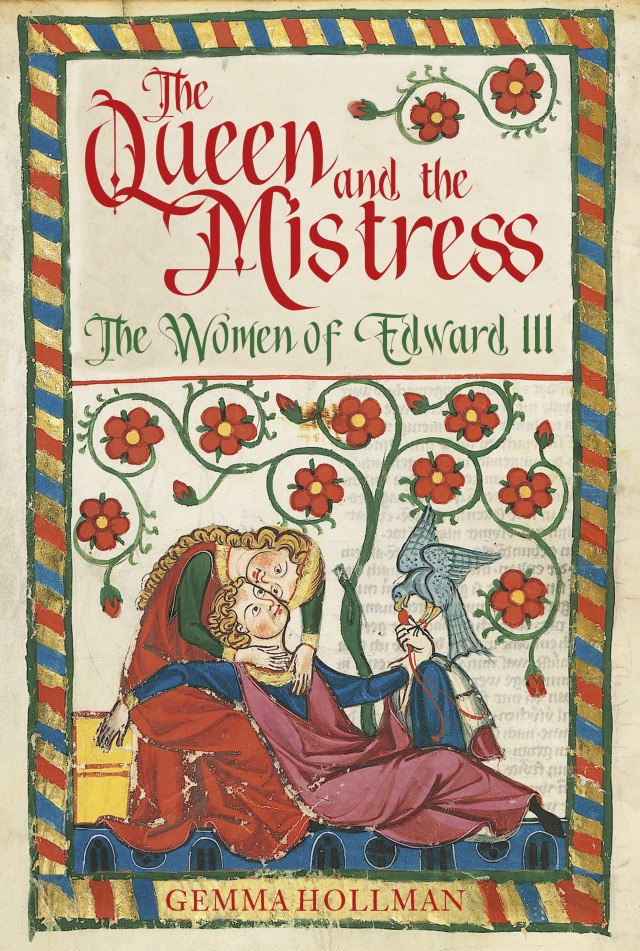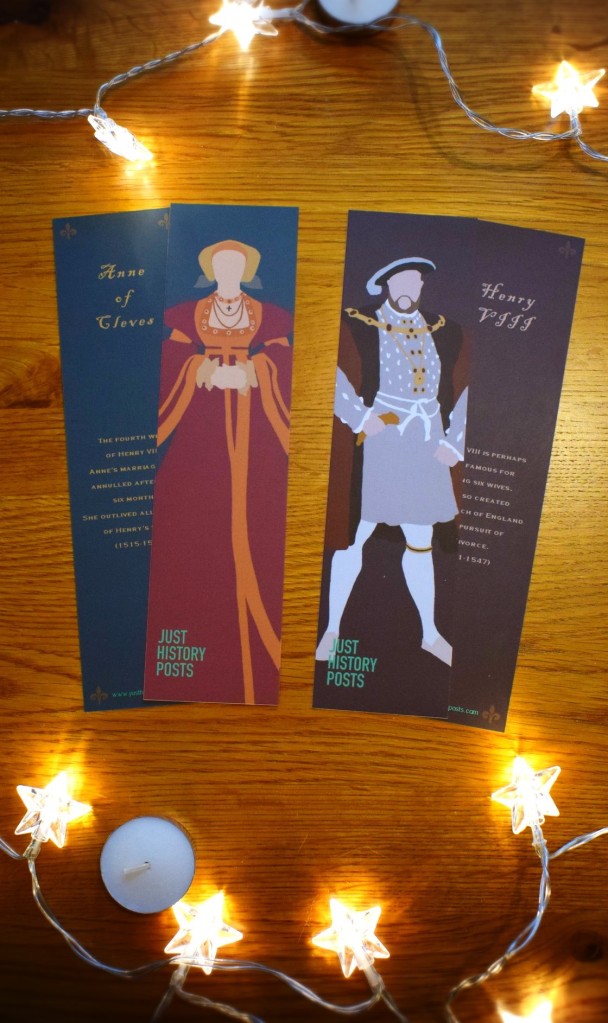Many people perceive the medieval times to be extremely religious, with the Church constantly pushing the ideas of sin and salvation onto the population. Ideas of overly zealous churchmen preaching to trembling congregations are conjured, with everyone concerned about the soul and the afterlife. Whilst aspects of this are true, the reality is that medieval England was not necessarily as obsessively religious as many people think. Yes, there were lots of pious people, and yes, lots of people were concerned with the state of their soul, as we can see from the great concern shown in medieval wills. However, there were also lots of ordinary people who were not spending their entire lives worrying about God and their behaviour. We have this skewed view of the medieval era partly because a large chunk of our written sources were created by religious men, who of course would constantly emphasise God’s role in ordinary life. In fact, part of the reason it’s so easy to tell that many people were not following the Church’s strict rules for a holy life is shown in the constant preaching the Church made against every day sins – you do not need to preach to the converted, so to speak. The fact that they were constantly reminding people not to sin shows that people were!
One of the most interesting parts of this reality is that even within the Church itself, its ordained members were not always a shining example of good Christian men and women. Monks and nuns would have relationships with each other and members of their congregations, they would not fulfil their expected duties of praying and visiting their congregations, and they could even be involved in criminal activity. The reasons for this are varied. Firstly, the Church was often far more of a career than a spiritual calling; youngest children of “middle class” families would often be sent to become a member of the church, so that the family did not have to provide lands and marriages for them. It was particularly useful for high ranking members of society to leave any illegitimate offspring, as it was a way for them to hold power and money in a society where they could not inherit from their parents. Higher ranking members of the clergy could even wield extreme political power due to the vast lands and wealth held by the Church, and because bishops often appeared in political positions in government. As a result, those entering the Church were not always doing so because they were pious, but often because they were greedy and ambitious.

A monk sneaking a drink of alcohol in the late thirteenth century, from a copy of Li livres dou santé .
Two examples of mischievous monks and naughty nuns I came across during my Masters course are recounted below (with all credit given to my Latin and Palaeography tutors!).
The first case concerns a monk of Selby called Thomas de Qualley from 1279. After his convent had been visited for assessment, the Church was shocked to see how he had been behaving there. He would eat his meals in his bedroom rather than in the refectory, and would rarely take morning mass. He ignored other aspects of his priestly duties by not visiting the sick in his community and was generally “incorrigible”. He alienated the property of the convent so that he and his family could make money. Perhaps more juicy for us as modern readers, he also had been having a relationship with a certain lady of Queneby, as well as with her daughter, whom he had been meeting at the convent gates, and with whom he had a child. Even more shockingly, his brother is accused of being violent to members of the community with his knowledge, and the passage ends with this account:
“Item, compertum est quod abbas procuravit Elyam Fauuelle, incantatorem et sortilegum, ad querendum corpus fratris sui defuncti, submersi in aqua de Use, propter quod expendit magnam pecunie summam, et ex predictis causis excommunicatus immiscuit se divinis”
In this, it is alleged that Thomas had spent a huge sum of money to hire a man who was a sorcerer and diviner to find the body of his brother after he drowned in the River Ouse in York. Clearly he was not even close to being a model clergyman! As a result, Thomas was excommunicated from the Church.

A nun engaging in somewhat un-nun-like behaviour, fourteenth century from a copy of Roman de la Rose.
Around the same time, again in Yorkshire, comes a case of a naughty nun who was part of the convent of St Benedict in Appleton. Again, the nun, Matilda, came to the attention of the Church after a visitation. Clearly this woman had never wanted to be a nun in the first place! She was also described as being incorrigible and rebellious, disturbing the peace in the convent and being an overall bad example to the other nuns. She was encouraging other nuns to misbehave as well, and was not following the rule of the order. As a result, the Archbishop’s register records that Matilda was sent to another convent, in Basedale, where she was to be kept under strict orders in order to improve her behaviour. If Matilda was not seen to improve, it was ordered that she was to be excommunicated.

Nuns in a choir stall, from a Psalter of Henry VI c.1400-1420. Cotton Domitian A. XVII 74v, British Library.
Clearly, members of the Church could be just as bad, if not worse, than the members of the community whose spiritual well-being they were supposed to be looking after! In 1351 the commissioner for the Bishop of Bath and Wells was so shocked by the behaviour of the nuns of Cannington in Somerset he accused the convent of being more like a brothel than a priory.

Enjoying this blog post? Buy me a hot chocolate!
Consider donating the cost of a hot chocolate to me, so I can continue to write and run Just History Posts.
£3.50
Clergymen had more protection from the crimes they committed than normal people, as they could claim benefit of the clergy which allowed them to be tried in ecclesiastical courts rather than secular courts. The benefit of this was that if, for example, the crime involved murder, the clergyman could avoid the death sentence which was not a punishment under church law. However, in the cases above, both Matilda and Thomas were sentenced to excommunication. On the surface, this does not necessarily seem such a bad thing – it seems to just be the punishment of being thrust out of the Church, endangering your everlasting soul (but not so bad if that idea doesn’t concern you). In reality, however, this was a severe punishment, as members of the community could not harbour or help someone who had been excommunicated – it would mean the person would have to leave their community and try and start a new life far away where no one knew who they was. They would forever live with the danger that their real identity, and thus their status as excommunicatee, would be discovered, and that they would again be thrown out of the town.
Being a misbehaving monk or nun could lead to a good life, especially if they were left to their own devices in rural communities with other like-minded clergymen where they could elude punishment. Many did indeed take advantage of this, and misbehaving clergymen certainly plagued the Church who had to try and curb the practices, as shown in the examples above. If they got caught, however, punishments could be severe. So, the medieval Church was not necessarily as pious and sin-free as you may first have thought!
Previous Blog Post: Medieval Vampires
You may like: Medieval Reacts and Two Monks: History in Social Media
List of Blog Posts: here Blog Homepage: here
Buy my books via the pictures below! Or why not check out our shop?

Follow us:






My assumption isn’t that everyone was wildly pious but that religion was the language everyone spoke. It shaped the way they thought and the way they expressed their thoughts. It’s not the same as universal piety, but it’s incredibly powerful.
LikeLiked by 1 person
Yes definitely! Just like today, people would have held beliefs to varying degrees, but even those with looser feelings towards it would have had their lives affected by it
LikeLiked by 1 person